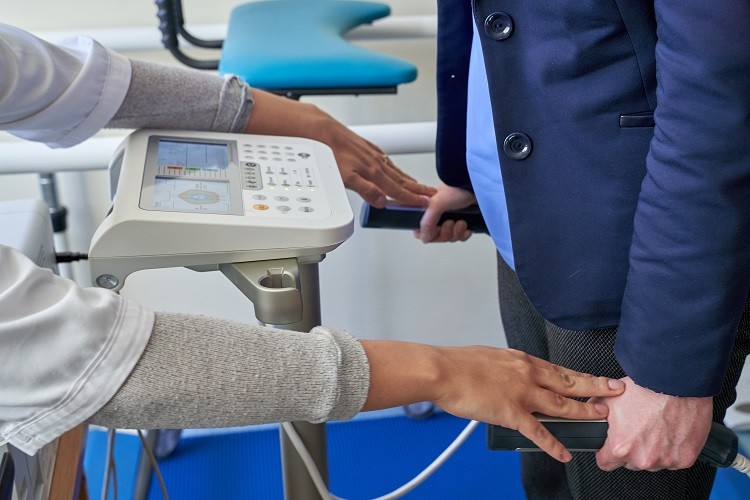
Whole body checkups
One needs to break the practice of going for Whole-body checkups only when experiencing some health issues and concerns, otherwise ignoring the minor problems or not going for health check-ups at regular intervals. Monitoring health by regular checkups is a wise step that everyone must take to prevent severe consequences.
The whole body checkups include undergoing lab tests that facilitate experts to diagnose and evaluate the functioning of different organs of the body.
Diabetes Screening evaluates the level of diabetes and lets the person know their blood sugar levels accurately.
Thyroid testing measures the functioning efficiency of the thyroid gland. The thyroid is a gland that regulates many of the body’s processes, such as metabolism, energy generation, and mood. Imbalance in the gland produces many bodily changes that include weight gain, loss, lack of energy, anxiety, depression, etc.
The liver examination tests help know the health of the liver by measuring the levels of proteins, liver enzymes, and bilirubin in the blood. Abnormalities in results require follow-up to determine the cause of the abnormalities and suitable treatment for the same.
Kidney examination tests evaluate the functioning of kidneys through a urine test and blood test. Urine test results positive for a kidney is an indication of early kidney disease. Blood tests find a glomerular filtration rate. Results of tests tell experts the efficiency of kidneys in their work of clearing waste from the body.
Ear Examination involves examining the ear and looking for problems in the ear canal, eardrum, or middle ear. Malfunctioning of the ear and its parts can cause hearing loss, ear pain, discharge, and lumps in the ear.
Eye Examination varies in intensity. They can be as simple as the identification of letters on an eye chart. Other times, there may be a need to use digital imaging devices to see and evaluate tiny blood vessels and other structures inside the eyes.
X-rays and scans take images of the organs inside the body and help identify irregularities. They are imaging tests for diagnostic purposes that facilitate experts to have a better insight of the problem and device a comprehensive treatment plan.
What tests I need at what stage of life?
Ailments, accidents, injuries can occur to anyone at any time. However, in normal routine life, one must maintain health records through regular checkups. Experts do recommend some tests at a specific age. It helps in the early detection of the ailment and comprehensive treatment for the same.
- Adults within 20 to 25 years of age should keep a check on their height, weight. They should go for an eye and teeth examination. After every two years, they should go for HIV screening.
- People between 25 to 35 years should undergo blood tests for thyroid, diabetes, anemia, liver problems. They should also cater to the health facilities that extend to eyes, ears, and teeth.
- 35 to 50 years of age needs a cardiovascular examination once in five years in addition to the investigations mentioned above.
- Above 50 years of age, routine investigations should include BP, diabetes, eye check-up, ear test, and check up for depression.
- People between 50 to 70 years of age commonly experience bone problems. It calls for bone tests every year with other routine tests.
The best advice for routine tests comes from health experts. One should visit them more often to enjoy a better and healthy life.



